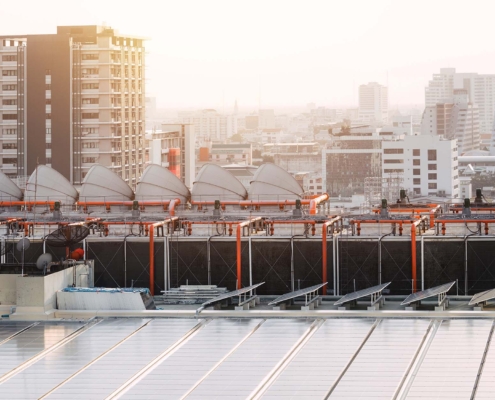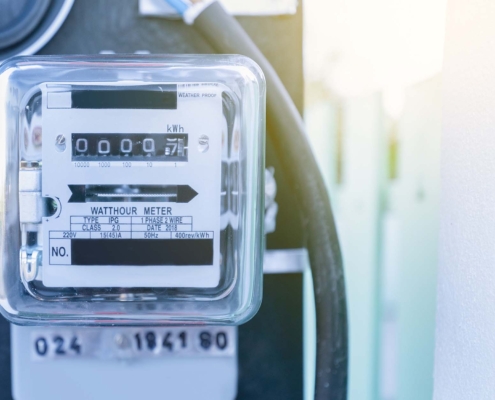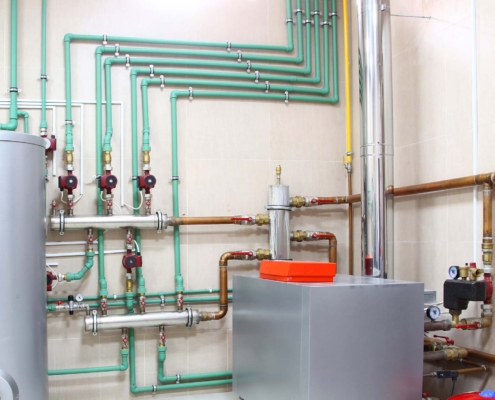 https://www.aircomfort.com/wp-content/uploads/2022/10/What-Is-IECC-and-How-Does-It-Affect-Your-Business__.jpg
1250
2000
Ike Oji
/wp-content/uploads/2021/08/AC_Logo_FIN_-wTag.png
Ike Oji2022-10-31 09:00:002023-04-27 15:24:16What is the IECC?
https://www.aircomfort.com/wp-content/uploads/2022/10/What-Is-IECC-and-How-Does-It-Affect-Your-Business__.jpg
1250
2000
Ike Oji
/wp-content/uploads/2021/08/AC_Logo_FIN_-wTag.png
Ike Oji2022-10-31 09:00:002023-04-27 15:24:16What is the IECC?Commercial HVAC Service Best Practices
If you want your commercial HVAC system to run as well as it can for as long as it can, you should consider implementing and following commercial HVAC best practices. What are those best practices? Most of them emphasize using commercial HVAC maintenance services so a technician regularly repairs small problems before your system needs commercial HVAC emergency services.
Commercial HVAC Best Practices
Check and Change Your Air Filters
A technician can perform this task, but you or one of your colleagues or employees can also change your system’s air filters. You should check the air filter at least once a season (ideally once a month) and change it for a new one so your heating and cooling system produces high-quality air. This simple task keeps you and your colleagues and employees from inhaling extra dust and allergens that build up in a dirty air filter.
Enter Into a Commercial HVAC Service and Maintenance Contract
Commercial building managers and business owners should definitely consider entering into a preventative maintenance service agreement with a commercial HVAC repair and service company. When you have one of these service contracts in place, you will receive priority service and annual or biannual maintenance visits. During these visits, a certified HVAC technician will perform a routine inspection according to a maintenance checklist.
The checklist should include:
- Changing air filters
- Cleaning coils
- Replacing refrigerant
- Cleaning out drain pans and lines
- Checking fan and blower motors
- Checking and calibrating the thermostat
- Calibrating flow meters and transmitters
- Inspecting the heat exchanger
When a technician performs these and other maintenance tasks regularly, they will prevent your system from developing major problems that require emergency repairs. By entering into a preventative maintenance agreement, you’re investing in your system by prioritizing small repairs and maintenance tasks. This will save you the costs of major repairs in the long run.
Review the Maintenance Contract’s Terms
Before you partner with an HVAC preventative maintenance company, read the contract thoroughly to determine which services and components it covers. If any of the terms are not to your liking, you can negotiate with the HVAC company to receive any treatment your specific system needs. You should also see if the contract covers areas such as commercial HVAC mechanical services, including components your system may need to run effectively and efficiently.
Consider Retrofitting and Replacement
Many business owners and building managers don’t replace their heating and air conditioning system until it’s reached its end-of-life phase. However, your system will be running suboptimally by the time it reaches that point. Here’s a good rule of thumb for HVAC replacement: When the cost of repairs is at least half the price of a new system, it’s time to replace your current system. By using this guideline, you can determine when your HVAC system no longer performs well enough for you to justify keeping it.
If your commercial heating and cooling system is aging but not ready for replacement, you should consider HVAC controls retrofitting. During this process, your system’s existing technology is upgraded and then managed with wireless controls. This service gives you centralized control over your system and improves its functionality without you having to pay for a massive overhaul.
Use Temperature Scheduling
When your facility is not occupied, you should set your programmable thermostat’s temperature a few degrees higher in the summer and lower in the winter than you would during business hours. If possible, you should also disable chillers and other cooling equipment when the building isn’t in use. Using your thermostat’s temperature set points and turning system components off when they’re not in use will help your system run more efficiently and effectively, and it will reduce your energy usage and your energy costs.
Eliminate or Minimize Simultaneous Heating and Cooling
The cooling and heating systems within a larger commercial HVAC system can and sometimes do run simultaneously. This can raise your business’s energy costs and create extra wear and tear within your system. Check that chillers or boilers aren’t running when they aren’t needed. Also make sure that electric reheat coils don’t turn on when they could be left off. Overall, reduce your HVAC equipment’s capacity where and when possible so this phenomenon doesn’t wear your system down.
Use These Best Practices With Air Comfort
Air Comfort will work with you to enact these best practices so your system runs as well as it possibly can. We will repair small problems so they don’t grow into large ones that require emergency repairs. Reach out to us today if our maintenance services sound like a good fit for your business and your facility.
Related Postings
 https://www.aircomfort.com/wp-content/uploads/2022/10/What-Is-IECC-and-How-Does-It-Affect-Your-Business__.jpg
1250
2000
Ike Oji
/wp-content/uploads/2021/08/AC_Logo_FIN_-wTag.png
Ike Oji2022-10-31 09:00:002023-04-27 15:24:16What is the IECC?
https://www.aircomfort.com/wp-content/uploads/2022/10/What-Is-IECC-and-How-Does-It-Affect-Your-Business__.jpg
1250
2000
Ike Oji
/wp-content/uploads/2021/08/AC_Logo_FIN_-wTag.png
Ike Oji2022-10-31 09:00:002023-04-27 15:24:16What is the IECC? https://www.aircomfort.com/wp-content/uploads/2022/09/Electrical-equipment.energy-meter-is-a-device-that-measures-the-amount-of-electric-energy-consumed-by-a-residence.jpg
1250
2000
Valeriia Mamleeva
/wp-content/uploads/2021/08/AC_Logo_FIN_-wTag.png
Valeriia Mamleeva2022-09-22 09:00:052023-04-27 15:24:16How To Reduce Energy Use in Commercial Buildings
https://www.aircomfort.com/wp-content/uploads/2022/09/Electrical-equipment.energy-meter-is-a-device-that-measures-the-amount-of-electric-energy-consumed-by-a-residence.jpg
1250
2000
Valeriia Mamleeva
/wp-content/uploads/2021/08/AC_Logo_FIN_-wTag.png
Valeriia Mamleeva2022-09-22 09:00:052023-04-27 15:24:16How To Reduce Energy Use in Commercial Buildings https://www.aircomfort.com/wp-content/uploads/2022/09/boiler-room_.jpg
1250
2000
Valeriia Mamleeva
/wp-content/uploads/2021/08/AC_Logo_FIN_-wTag.png
Valeriia Mamleeva2022-09-15 09:00:372023-04-27 15:24:16How To Identify Common Boiler Problems
https://www.aircomfort.com/wp-content/uploads/2022/09/boiler-room_.jpg
1250
2000
Valeriia Mamleeva
/wp-content/uploads/2021/08/AC_Logo_FIN_-wTag.png
Valeriia Mamleeva2022-09-15 09:00:372023-04-27 15:24:16How To Identify Common Boiler Problems

About
Air Comfort’s mission is to work closely with customers to provide a true “comfort level” for their businesses, with uninterrupted performance and round-the-clock reliability.


